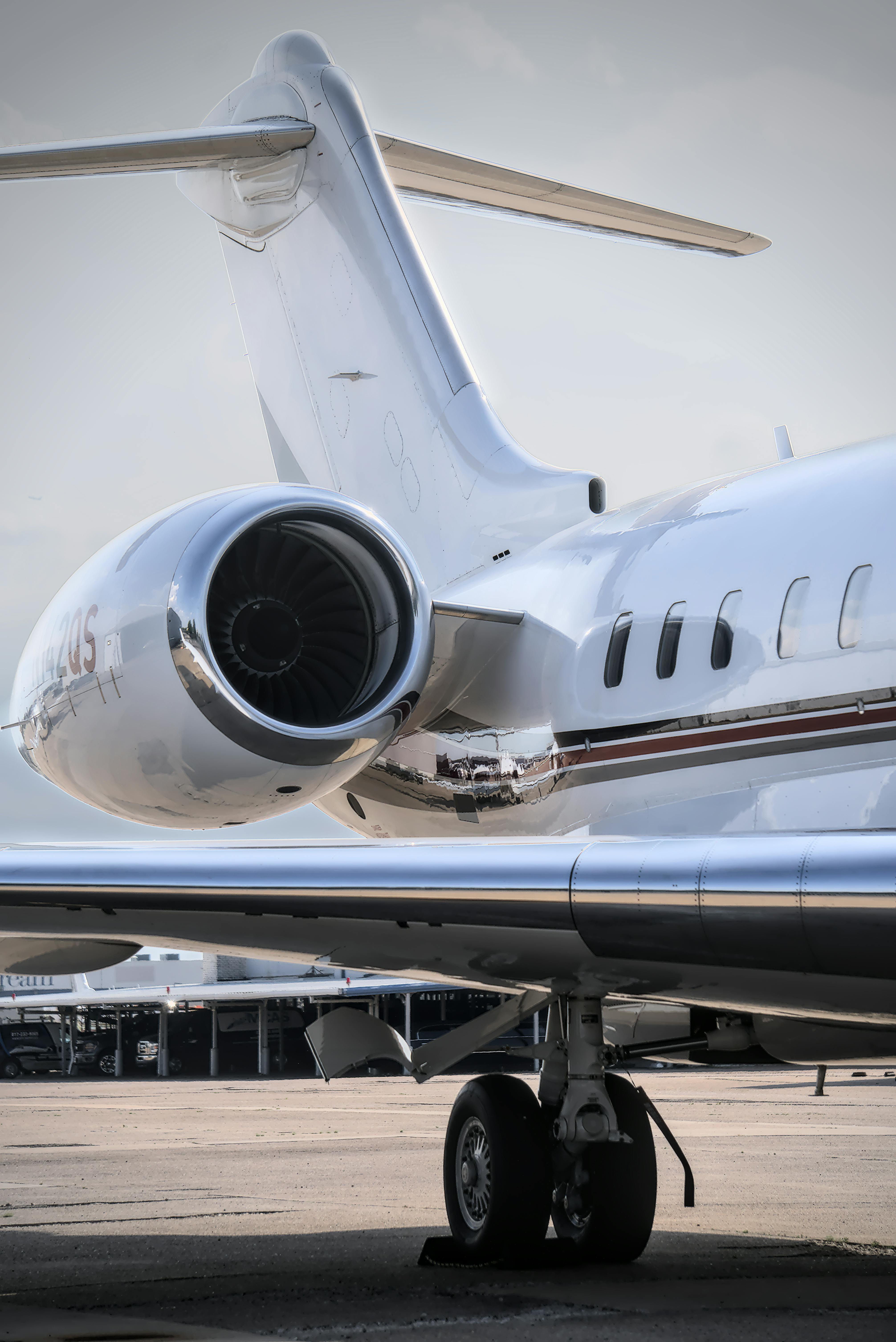Trailblazing the Skies: The Advent of Private Jet Travel
The world has always been fascinated by the idea of flying. From Icarus' ill-fated flight in Greek mythology to the Wright brothers' successful airplane invention, the history of aviation is a testament to humanity's relentless pursuit of conquering the skies. And in the recent years, a fresh chapter is being written in this saga - that of private jet travel.

In an era where time is the ultimate luxury, private jet travel is emerging as the new norm for those seeking efficiency, privacy, and unparalleled comfort. The trend is no longer confined to the ultra-rich or celebrities, but is gradually permeating the upper echelons of the middle class.
The Genesis of Private Jet Travel
Private jets were first introduced in the mid-20th century, primarily serving the military and commercial airlines. However, with the advent of the Jet Age in the 1960s, these swift and stylish aircraft became symbols of wealth and power, coveted by business tycoons and Hollywood stars.
The new millennium saw a significant expansion in the private jet industry, with companies offering fractional ownership and jet card programs to make private flying more accessible. Today, private jet travel is not just about luxury, but also about the convenience, flexibility, and efficiency it offers, especially in the wake of the global pandemic.
The Contemporary Trends in Private Jet Travel
Private jet travel is steadily gaining popularity, driven by factors such as increasing wealth disparities, the rise of remote work, and the desire for personalized experiences. The market is expected to reach $35 billion by 2026, according to a report by Fortune Business Insights.
The current landscape of private jet travel is characterized by the following trends:
- Surge in First-time Flyers: The pandemic has led to a significant rise in first-time private jet users, who prioritize safety and privacy over cost.
- Boutique Luxury Services: High-end travelers are looking for more than just a flight. Customized services like onboard chefs, wellness facilities, and personalized in-flight entertainment are becoming standard offerings.
- Sustainability: With growing awareness about climate change, companies are investing in sustainable fuels and technologies to reduce their carbon footprint.
The Pros and Cons of Private Jet Travel
Private jet travel offers numerous advantages. It allows for flexible scheduling, saves time on ground transport and security checks, ensures privacy, and offers superior comfort and luxury.
However, it also has its challenges. The high cost is a significant deterrent for many. Furthermore, private jets have a higher carbon footprint per passenger than commercial flights, raising environmental concerns.
The impact of private jet travel on the overall travel experience is profound. It offers an unprecedented level of convenience, luxury, and personalization, but also raises questions about social equity and environmental responsibility.
A Glimpse into the Future
The future of private jet travel seems promising, with advancements in technology and changing travel habits. Concepts like electric planes and vertical take-off and landing (VTOL) jets are already being tested. The rise of remote work could also increase demand for private flights, as people seek efficient ways to commute between their homes and remote locations.
Unfolding the Wings of Knowledge
- Private jets can typically access more airports than commercial flights, offering more direct routes.
- Some companies offer ‘empty leg’ flights at discounted rates, when the plane is returning to its base after dropping off passengers.
- The most popular private jet in the world is the Cessna Citation Excel.
As private jet travel continues to evolve, it is reshaping the landscape of luxury travel. It offers a glimpse into what the future of travel might look like - personalized, convenient, and increasingly accessible. Nevertheless, it also underscores the need for the travel industry to balance luxury with sustainability, to ensure that our pursuit of the skies does not harm the planet.






